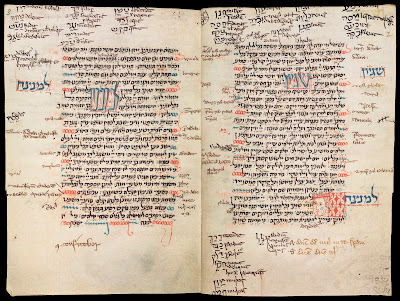Psalm 15 - Who may abide?
| O Lord, who may abide in your tent? Who may dwell on your holy hill? Those who walk blamelessly, and do what is right, and speak the truth from their heart; who do not slander with their tongue, and do no evil to their friends, nor take up a reproach against their neighbors; in whose eyes the wicked are despised, but who honor those who fear the Lord; who stand by their oath even to their hurt; who do not lend money at interest, and do not take a bribe against the innocent. Those who do these things shall never be moved. |
4th Sunday after Epiphany, Year A
Proper 11, Sunday between July 17 and July 23, Year C
Proper 17, Sunday between August 28 and September 3, Year B
Would that it be so!
Here we have a problem. It does not take much insight to know that the person uttering these words is having a real, current, immediate problem with the slanderers, the evildoers, the finger-pointers, the moneylenders and the bribe-takers.
"O Lord, who may abide in your tent? Who may dwell on your holy hill? "
Formally speaking, the psalm presents the answer to this question. The blameless, the do-righter, the truth-speakers, those with unshakeable integrity and faith.
However, we know that it is more difficult to maintain your integrity in a crooked environment. Wrong-doing is corrosive. If integrity hurts your bank account, there is pressure to not be so upright. When slander is the norm, it is more difficult to restrain your tongue.
Could it be that this person has some worry about their ability to abide in the Lord’s tent?
Is the standard for God’s favor - blamelessness - too high? Does the psalm encourage righteousness? Or is it focused on simply being anti-wrong? Even the psalms which come with a built-in answer - the good dwell on God’s holy hill - may not be such a good word to the person hearing it.
Credits:
rmac8oppo, Trinity Church Chapel, near Gergeti village, Georgia. (CC0 1.0)




Comments
Post a Comment